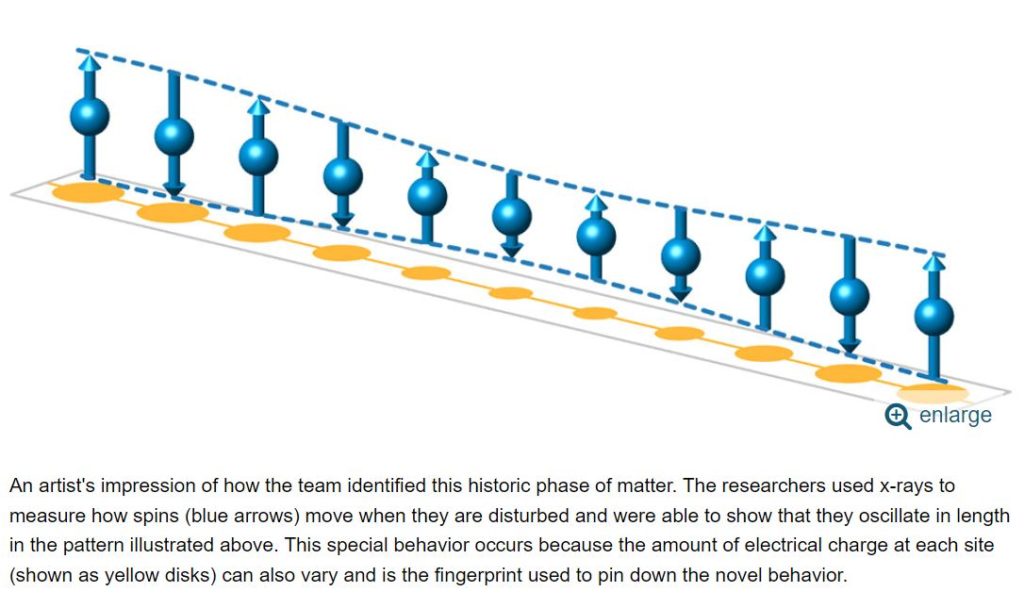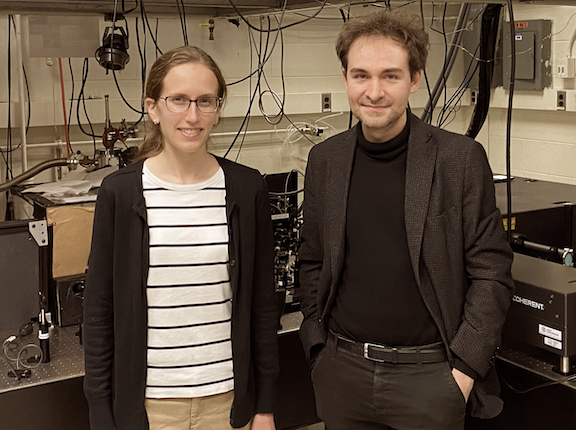
Scientists identify a long-sought magnetic state predicted nearly 60 years ago. Scientists at the U.S. Department of Energy’s Brookhaven National Laboratory have discovered a long-predicted magnetic state of matter called an “antiferromagnetic excitonic insulator.”
“Broadly speaking, this is a novel type of magnet,” said Brookhaven Lab physicist Mark Dean, senior author on a paper describing the research just published in Nature Communications. “Since magnetic materials lie at the heart of much of the technology around us, new types of magnets are both fundamentally fascinating and promising for future applications.”
The new magnetic state involves strong magnetic attraction between electrons in a layered material that make the electrons want to arrange their magnetic moments, o...
Read More








Recent Comments